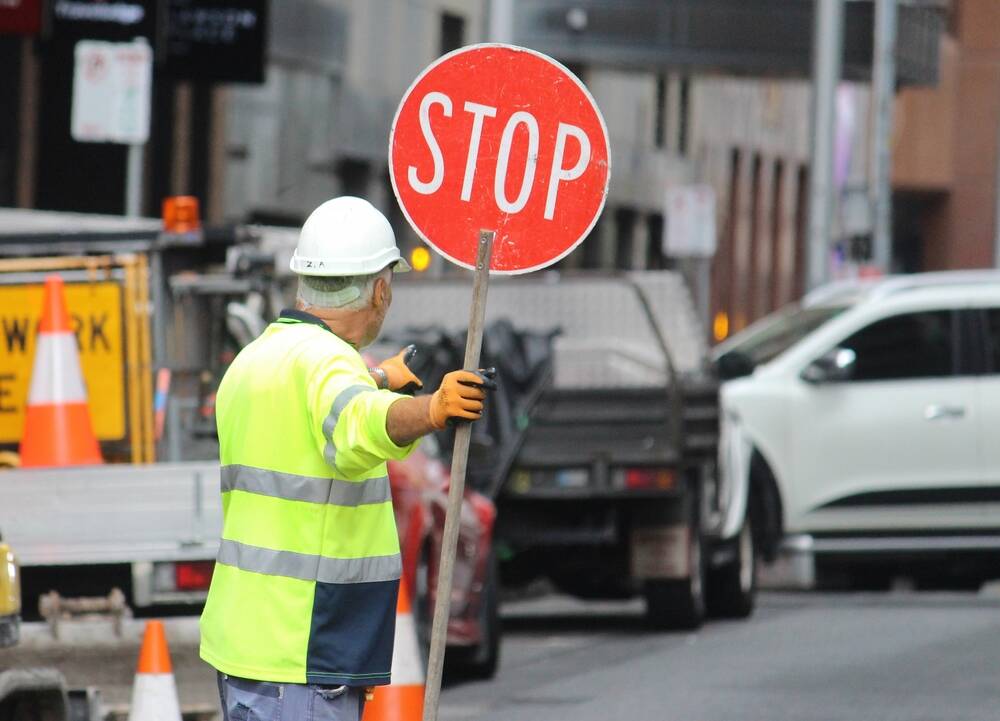Although I can't help but point out that there will very obviously be a lot of AIs that won't bother paying for anything at all, ever: they'll just scrape anything and everything. I severely doubt that there will ever be a way to hold them accountable - even if there are notionally laws, I doubt enforcement will be effective.snip
One can consider for instance many clothing companies that just rip-off high fashion and produce illegally similar items at low cost. Sure, occasionally, they might be sued. But they're sued on a fraction of the goods, and for sufficiently little, that it's no deterrent. That's exactly how AI would function: you can sue, but it'll barely be worth it. At best I suppose it would be some justice if at least something could be claimed off them for stealing people's work.
But I think potentially far more tempting is to simply say AI output cannot be copyrighted. The argument for copyright is that inventors should have the gains of their intellectual output to make creation worthwhile. But if there is no human inventor, this logic simply does not hold anymore and there is no pressing need for copyright to exist. Not that that stops AI content annihilating the ability of human producers to earn just by swamping them.
But I would argue denying AI generated content any form of intellectual property rights (not just copyrights but patents as well) could be a huge boon for humankind, because to some extent advances can be slowed when locked behind intellectual property rights: this is after all the trade off to allow inventors to get the profits of their creativity.






